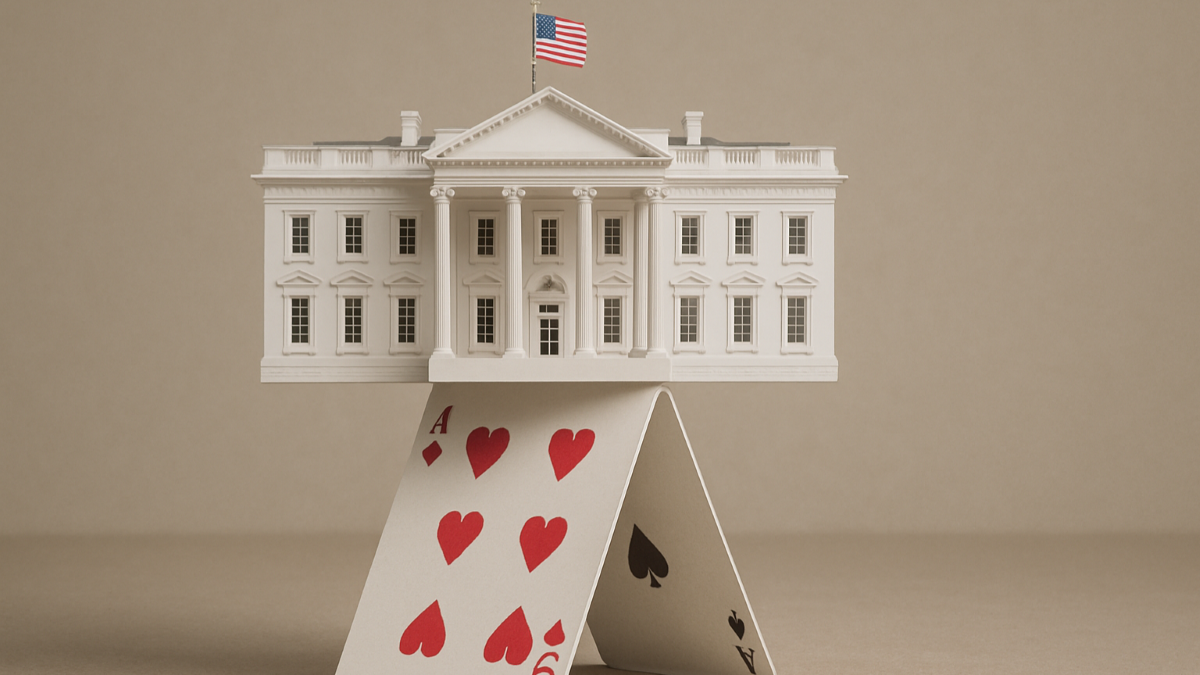"Sabotage" in the Gulf – On Sunday, four commercial ships, including two Saudi oil tankers, were hit by a "sabotage attack" off the coast of the United Arab Emirates. So far, no one has claimed responsibility, but Tehran is in the spotlight. Iran recently threatened to close the nearby Strait of Hormuz – a critical waterway for global oil shipments – in retaliation against tighter US sanctions. Whether this attack was carried out by Iran, or by someone trying to implicate Iran, rising tensions between the US and the Islamic Republic mean this is worth keeping an eye on.
Ramaphosa on offense – Celebrating victory in last week's national election, South Africa's President Cyril Ramaphosa made a bold promise to tackle corruption within his party, the governing African National Congress (ANC), "whether some people like it or not." By "some people" he's pointing directly at former President Jacob Zuma and those still loyal to him within the ANC. This shows us that Ramaphosa believes his win gives him an opportunity to consolidate authority within a divided party and to sideline the discredited Zuma faction once and for all. We'll be watching to see how Zuma (directly or indirectly) responds.
What We're Ignoring: Mike in Sochi, Burgers in Traffic
Mike Pompeo in Sochi – The US secretary of state arrives in Sochi today for talks with Russian President Vladimir Putin. Top on the agenda are likely to be Venezuela, where Moscow and Washington back rival contestants for power, as well as Iran, where Moscow still supports the nuclear deal which the US left last year. We are, however, ignoring the secretary of state's visit, because we – and, presumably, Mr Putin – have learned that unless Trump himself is involved, its hard to be certain just what, if anything, Pompeo can really achieve.
A Whopper of a Bad Solution – The traffic in Mexico City is notoriously awful, but not as awful as Burger King's new idea for how to ease the angst. The flame broiling US burger chain has launched a new app that enables people to order Whoppers that are delivered directly to their cars by motorcycle. We are ignoring La Traffic Whopper because indigestion is no solution for congestion. DING! (credit to Gabe for that gem.)